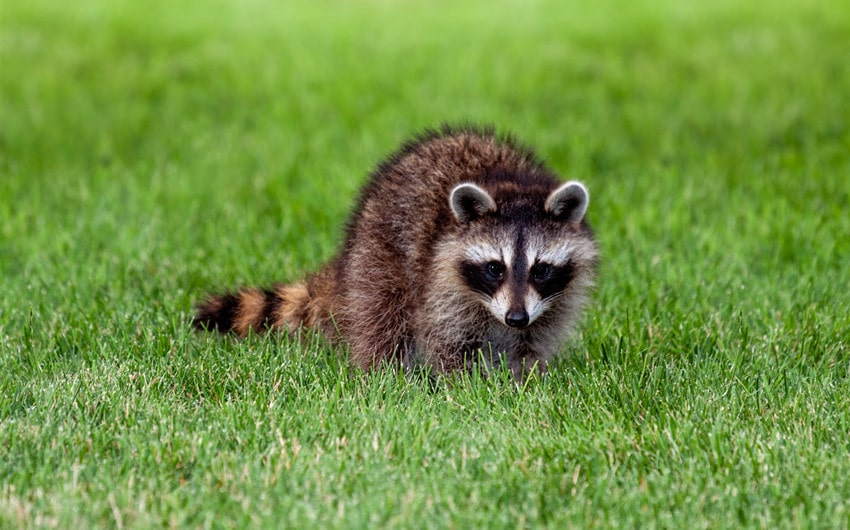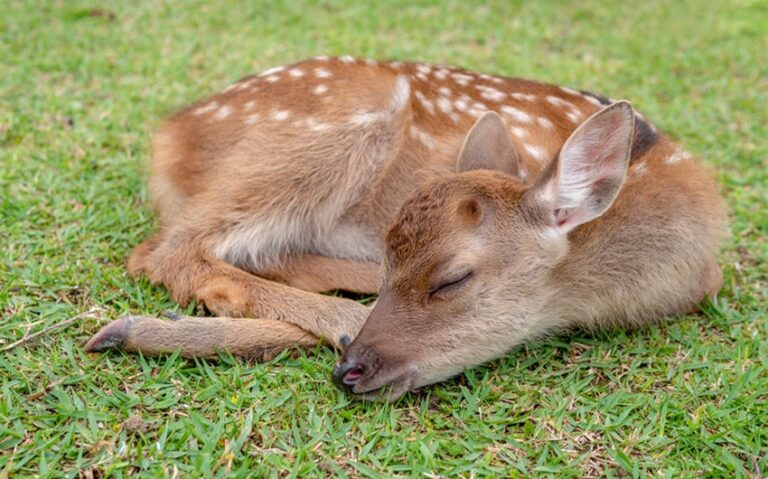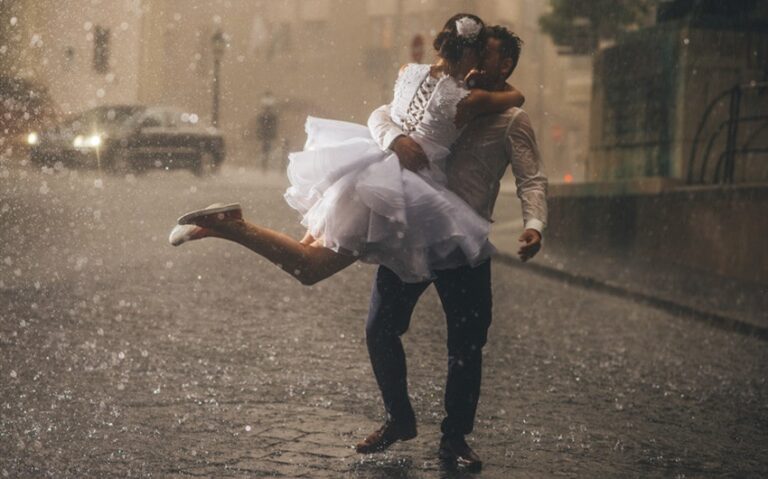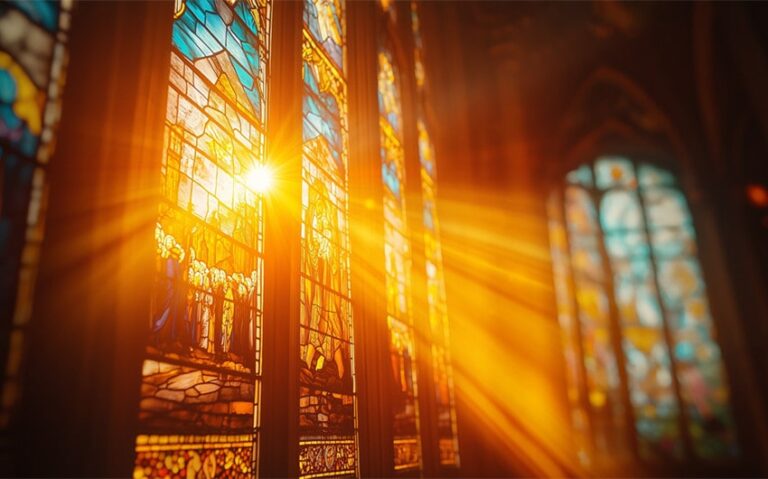What Does It Mean If You See a Raccoon During the Day?
Raccoons are the unofficial night owls of the animal world. They’re the masked bandits you expect to see scurrying across roads under moonlight—not sunbathing on your lawn at noon. So when one shows up during daylight hours, it’s hard not to wonder: is something wrong?
Let’s clear the air (and the myths) about daytime raccoon sightings. Because while it might be surprising, it doesn’t always mean danger is lurking.
Raccoons Are Nocturnal—But Not Strictly
Raccoons are classified as nocturnal animals, which means they’re most active during the night. Their excellent night vision and keen sense of smell make them ideally suited for after-dark foraging. But here’s the thing: nature isn’t bound by hard rules. While raccoons prefer the night, they’re not strictly nocturnal. Like humans who occasionally stay up all night or sleep in on weekends, raccoons sometimes bend the rules of their routine.
You might spot a raccoon during the day simply because it feels safe in the environment—or because it has a good reason to be out. The behavior isn’t “wrong,” it’s just less common. And it doesn’t always mean something is off.
Why You Might See a Raccoon During the Day
There are several non-threatening, natural reasons a raccoon may be active in daylight hours. Here are the most common:
- Searching for food: Urban raccoons often learn to scavenge when garbage is easiest to access—sometimes during daylight, especially if they’re used to human activity. Food scarcity can also push raccoons out of their comfort zone.
- Feeding babies: Nursing mothers may need to double their food intake to care for hungry offspring. Daytime foraging can be a survival strategy.
- Disrupted habitat: If a den site is disturbed by construction, predators, or extreme weather, raccoons may be temporarily displaced and searching for new shelter—even in daylight.
- Learned behavior: In cities and suburbs, raccoons that aren’t heavily hunted may become bolder. They adapt fast—and if daylight food access is easier, they’ll take it.
In all of these cases, the raccoon is simply being opportunistic, not dangerous.
When to Be Concerned
While a raccoon being out during the day can be normal, certain behaviors may signal illness or distress. The biggest concern most people have is rabies—but rabies doesn’t turn a raccoon into a daywalker. Instead, it shows up through obvious physical and behavioral changes.
Watch for signs like:
- Staggering, stumbling, or falling over
- Foaming at the mouth or drooling excessively
- Unusual aggression, even when unprovoked
- Unresponsive behavior or a slow reaction to noise or motion
- Unusual vocalizations—growling, high-pitched screeches, or hissing
If you notice these behaviors, do not approach the animal. Rabid raccoons can be dangerous and unpredictable. Instead, call your local animal control or wildlife rescue agency to report the sighting.
What to Do If You See a Raccoon in the Daytime
So you’ve seen a raccoon. It’s broad daylight. What now? First, observe its behavior from a distance. If the raccoon is moving normally, sniffing around, climbing trees, or simply passing through, it’s likely just doing its thing.
Here’s how to respond safely:
- Don’t feed or approach it: Even if it seems friendly, raccoons are wild animals and should stay that way for their safety and yours.
- Secure your trash and pet food: Easy access to food encourages frequent visits. Lock lids and bring pet bowls inside.
- Check for entry points near your home: Raccoons may be looking for shelter. Seal off attic vents, crawl spaces, and under-porch gaps.
- Keep pets indoors: Curious dogs and cats can provoke raccoons or become targets themselves. Err on the side of caution.
In most cases, the raccoon will move along on its own and won’t pose a problem.
Raccoon Symbolism: What Does It Mean Spiritually?
Beyond the biological explanation, some people view raccoon sightings—especially unusual ones like during the day—as carrying symbolic meaning. In folklore and spiritual traditions, raccoons are often seen as clever, resourceful, and adaptable tricksters.
Symbolically, seeing a raccoon in daylight might represent:
- A call to be more observant, especially of hidden opportunities or challenges
- A need to adapt, get creative, or “think outside the box” in your current situation
- A time to explore your own masks—what you show others vs. what you hide
In some traditions, raccoons are protectors of secrets, encouraging us to look deeper and act with subtlety and smarts. Seeing one during the day—out of its usual element—can be a nudge to do the same.
Final Thoughts
So what does it mean if you see a raccoon during the day? Most of the time, it’s just a hungry, busy, or curious animal doing what it needs to survive. It’s not always a cause for panic—and it’s certainly not always a sign of illness.
That said, it’s wise to observe from a distance, stay cautious, and protect your space and pets. If something feels off about the raccoon’s behavior, don’t take risks—call in professionals to handle it safely.
And if you’re someone who loves the symbolic side of life, maybe take the sighting as a gentle reminder to stay clever, flexible, and a little mysterious—just like the raccoon itself.



